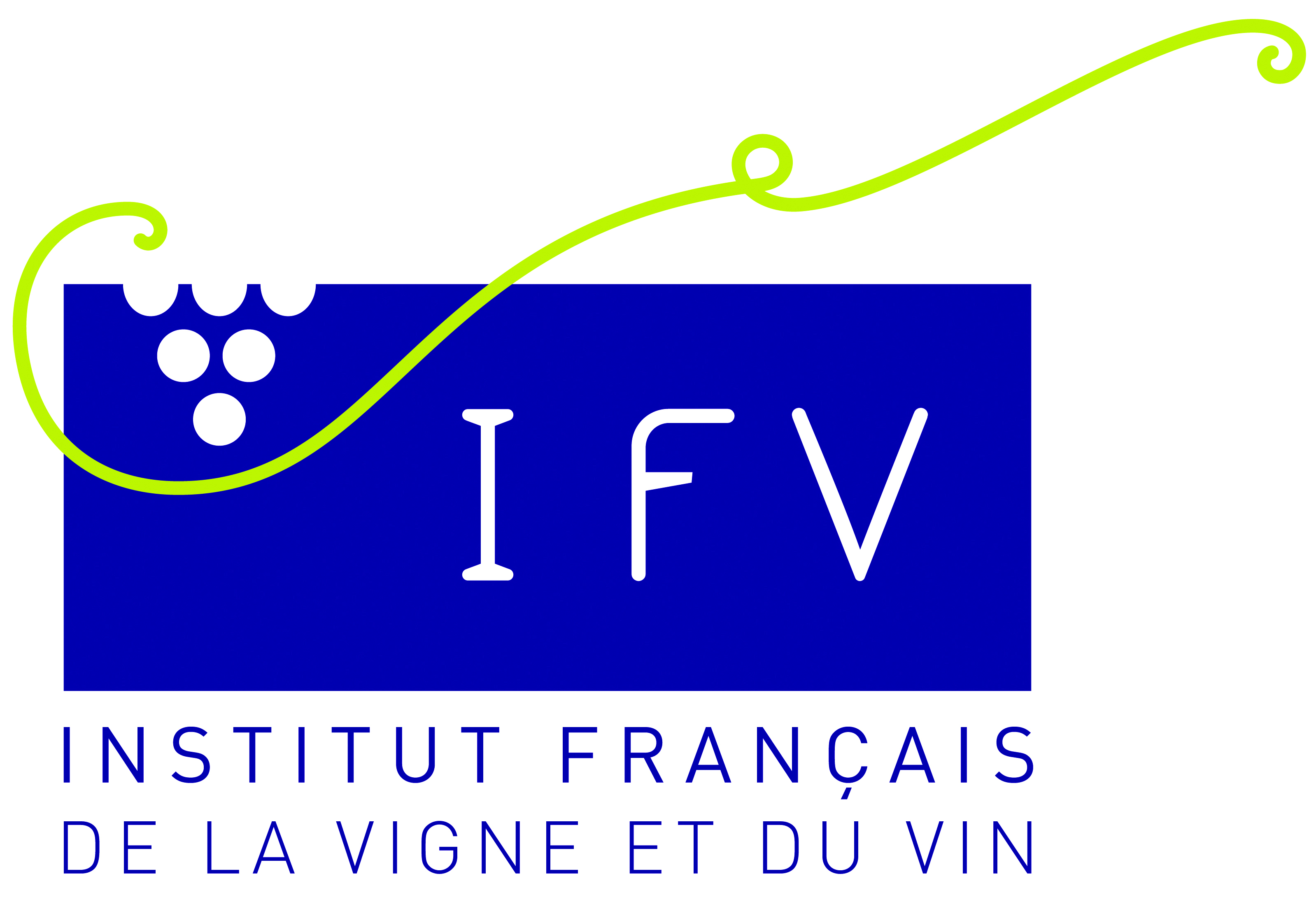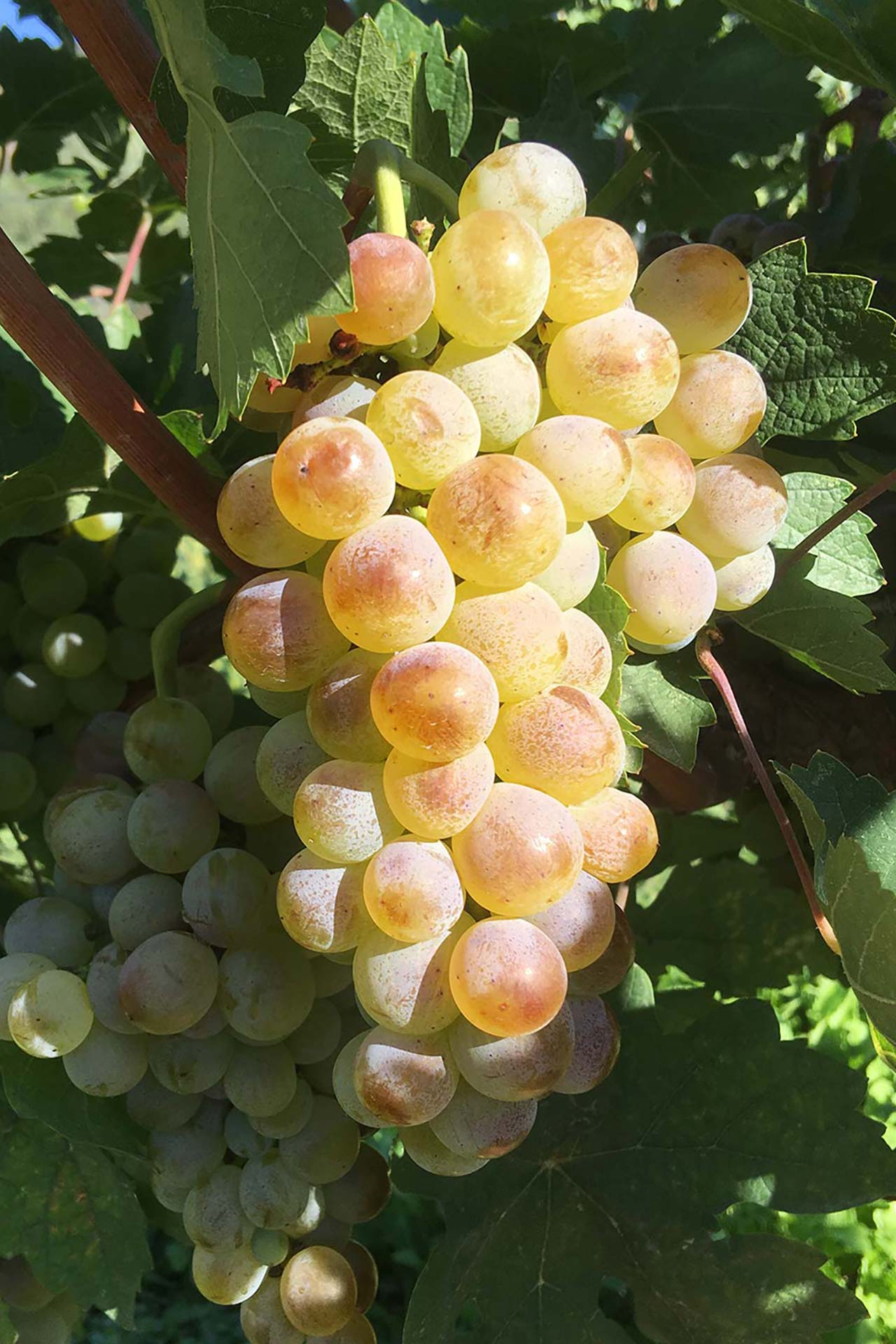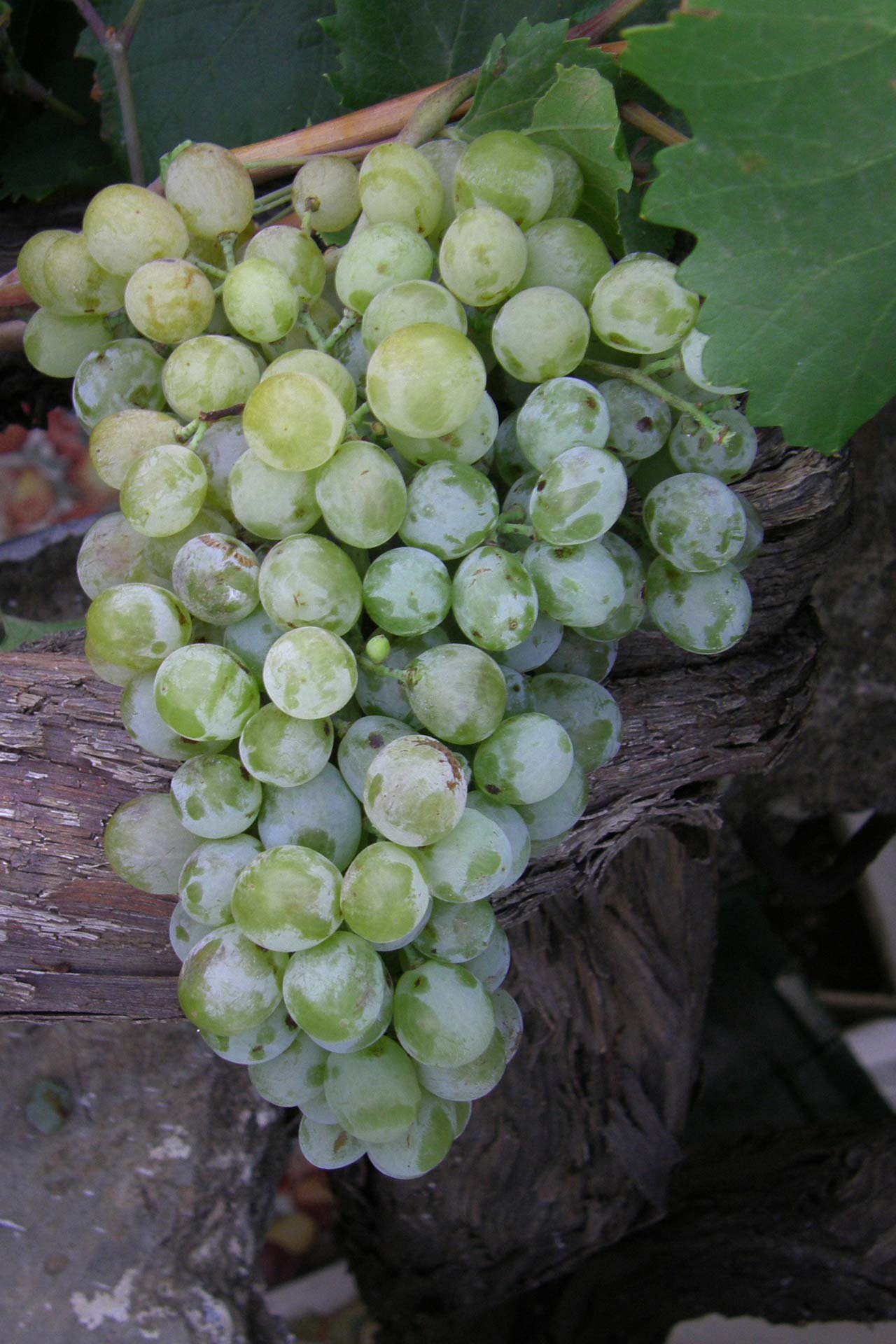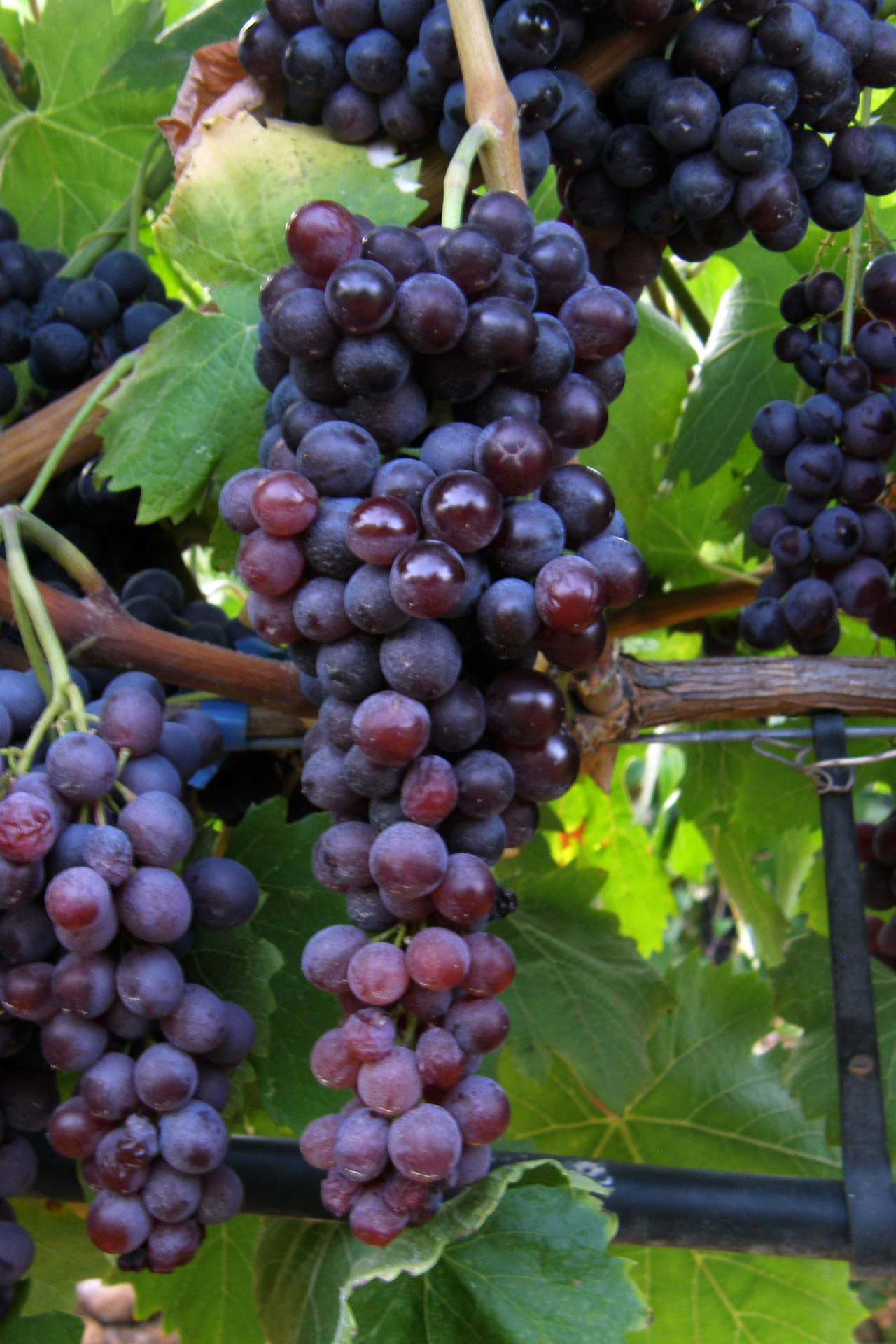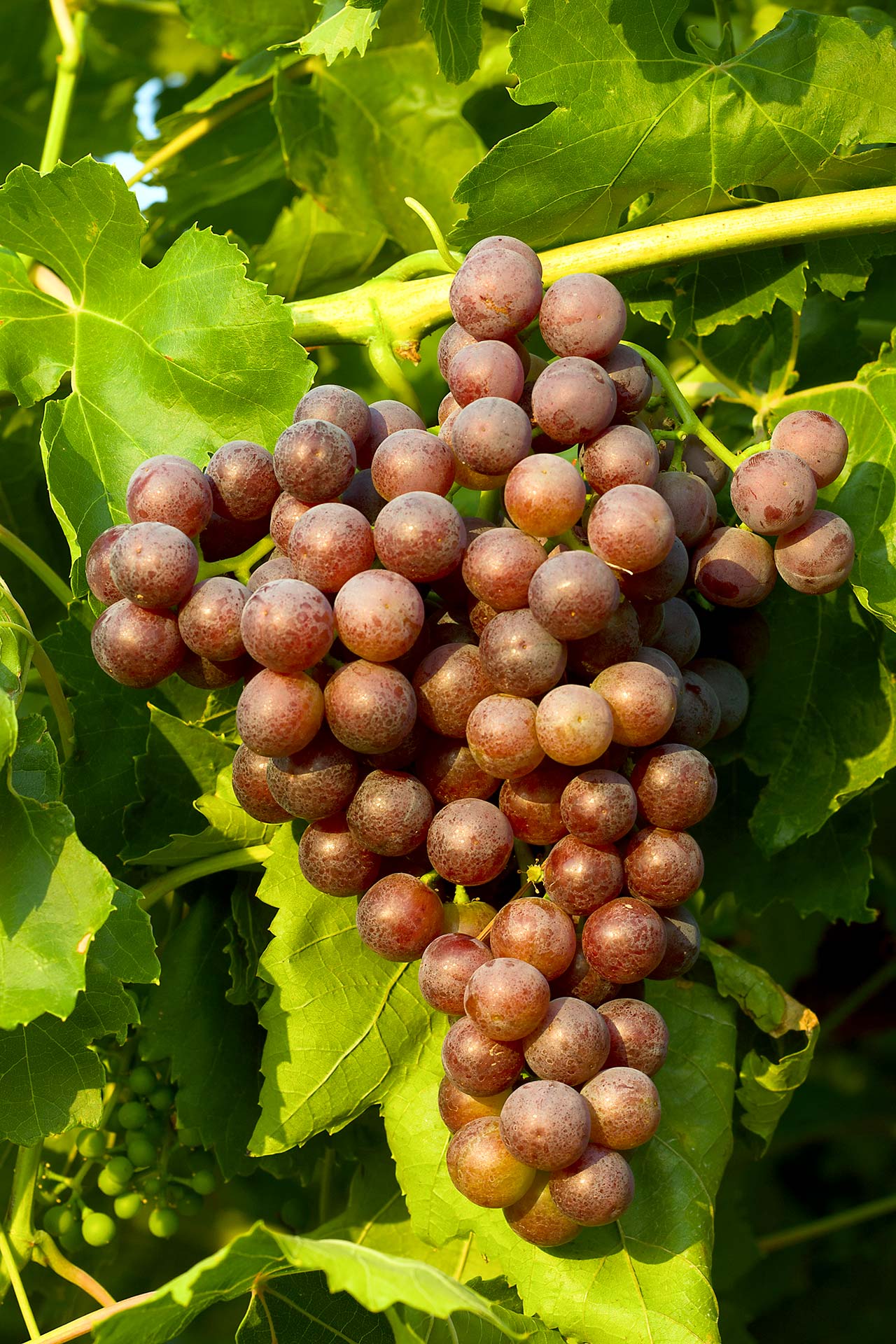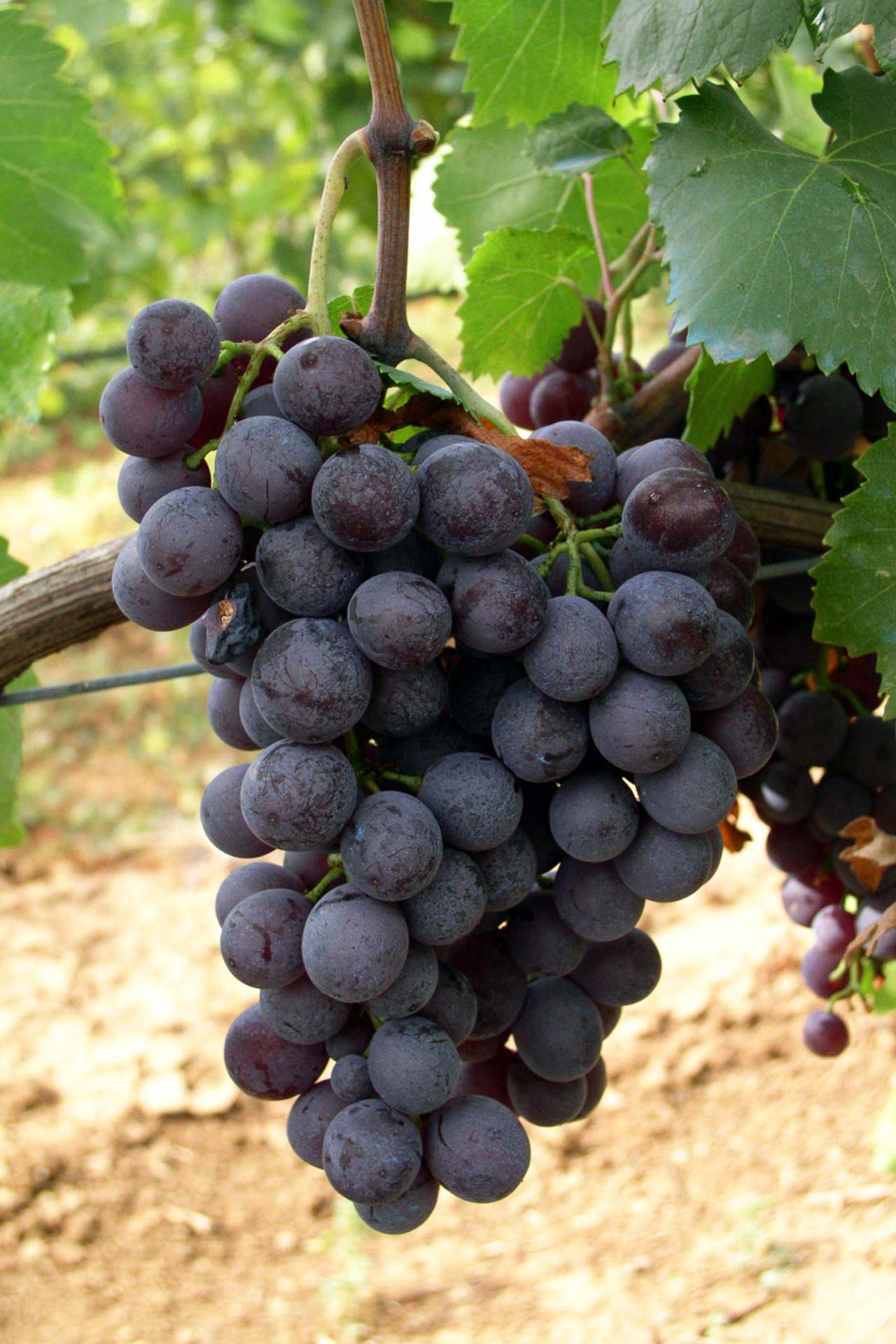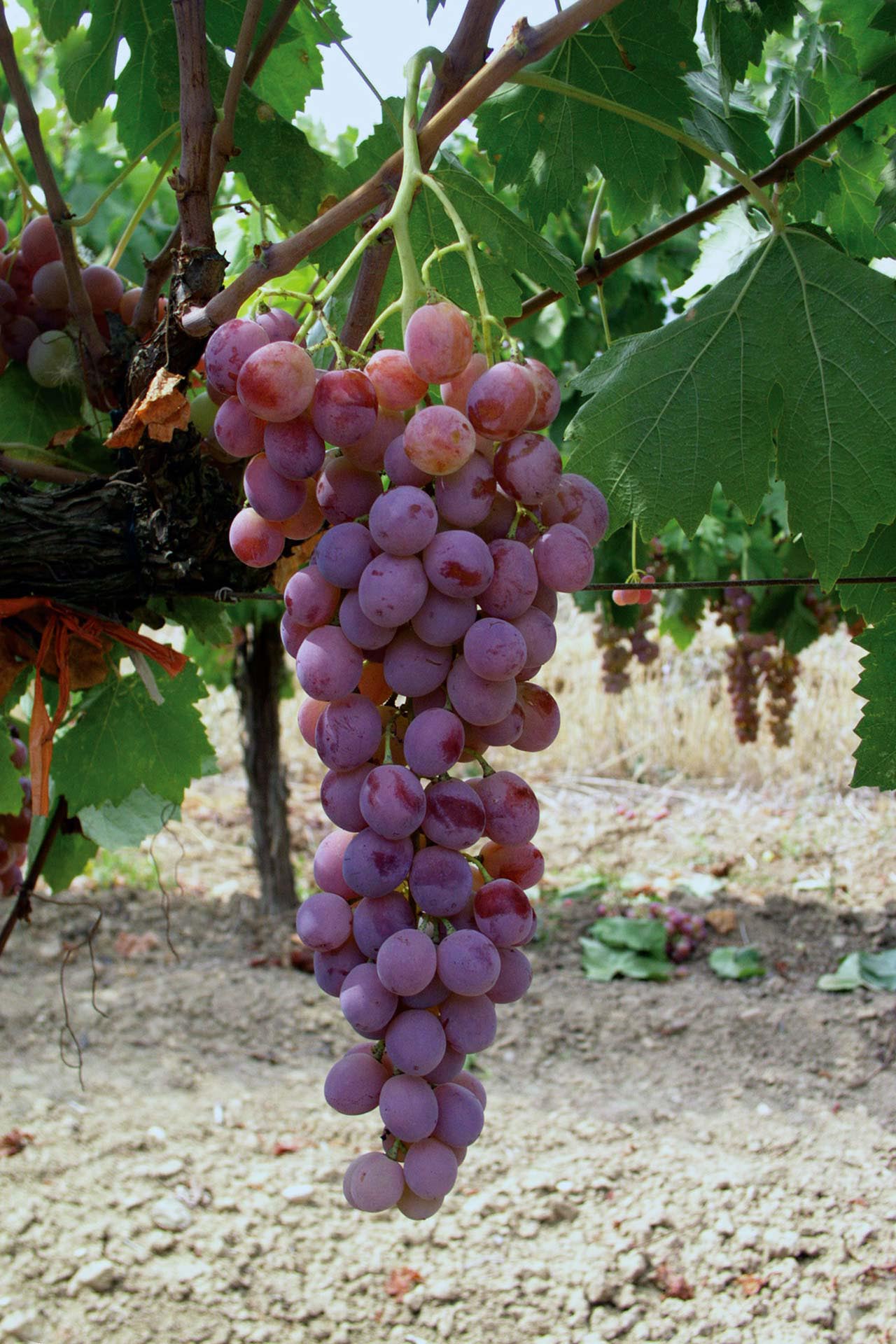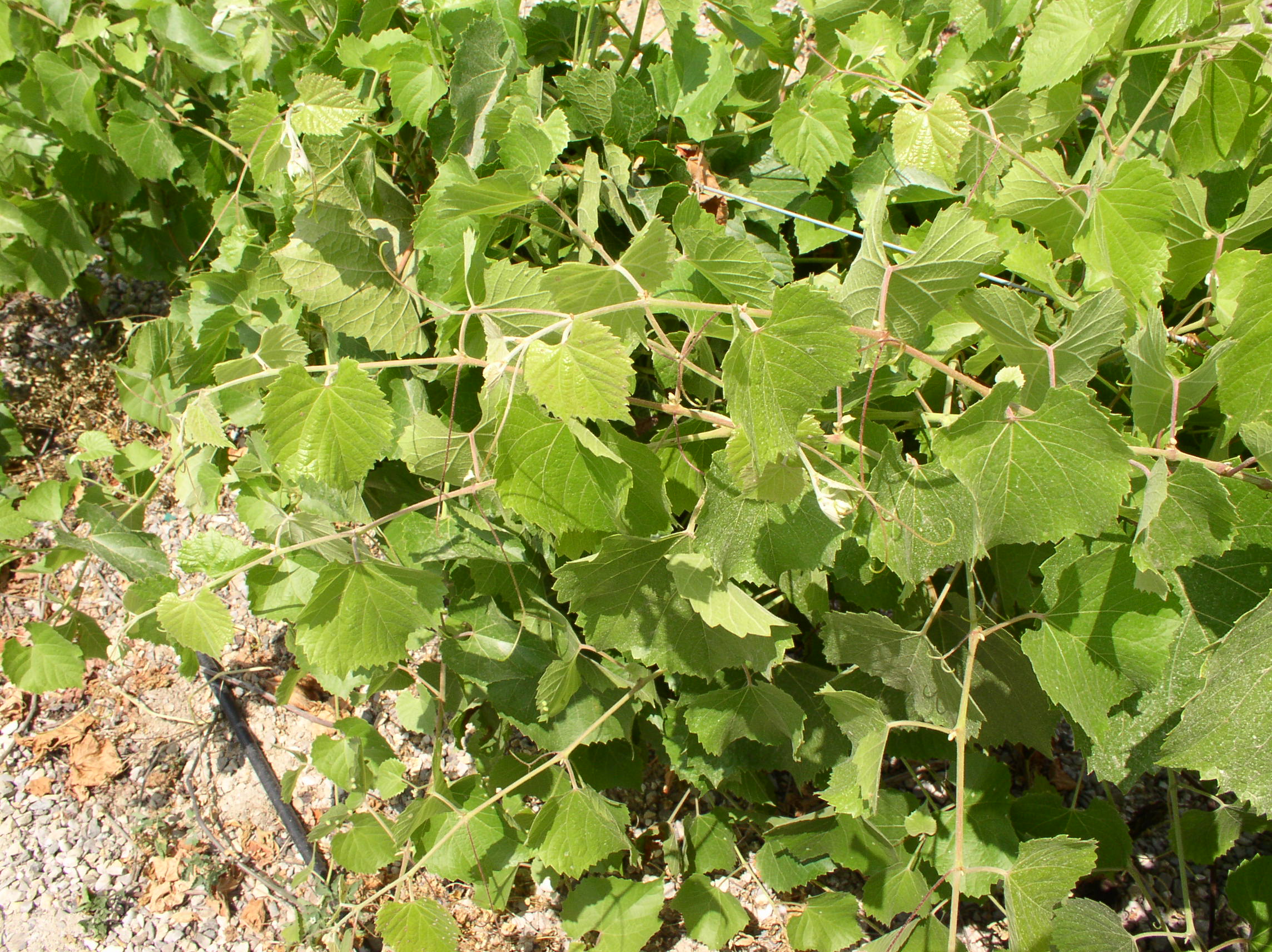
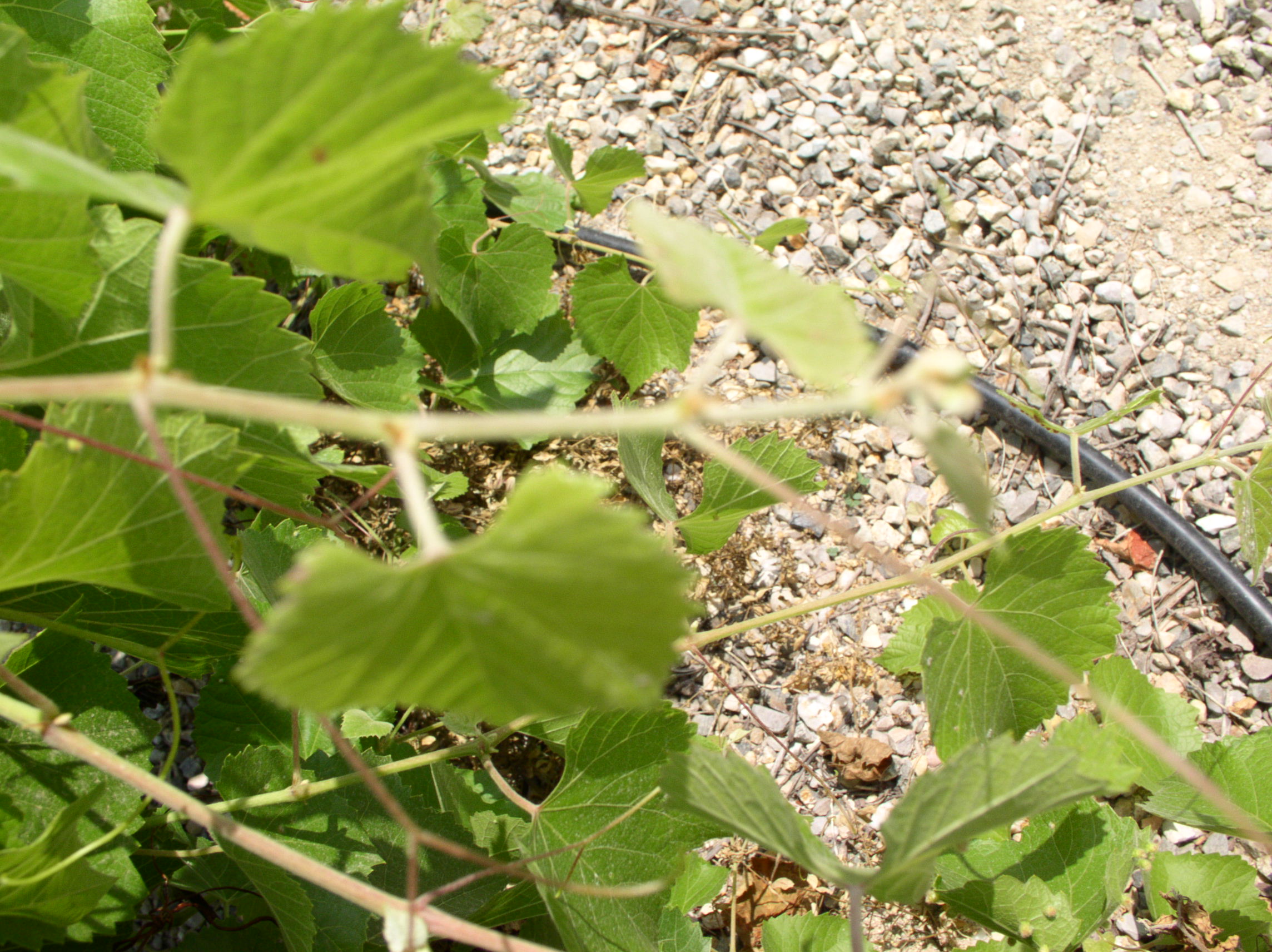
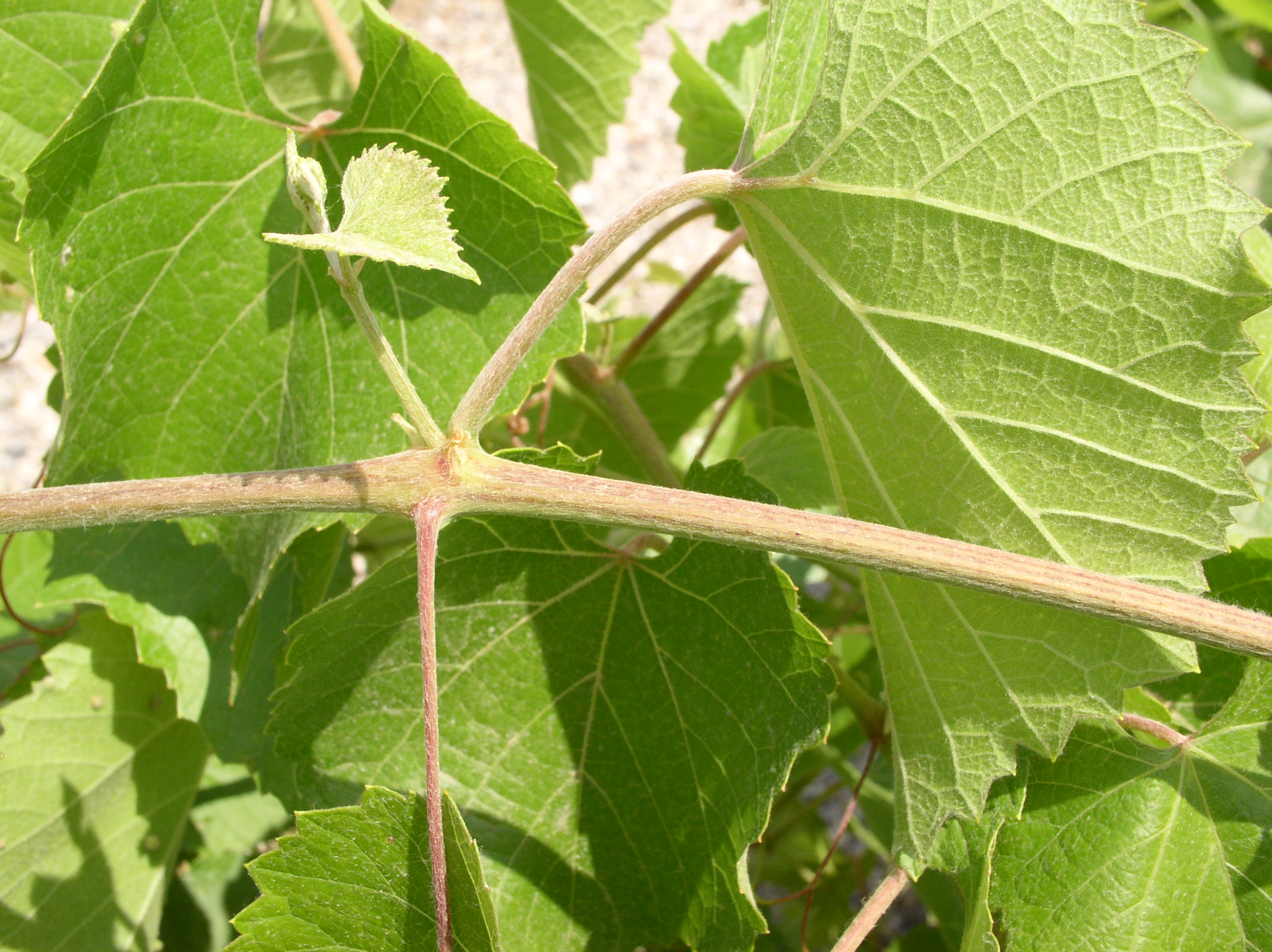
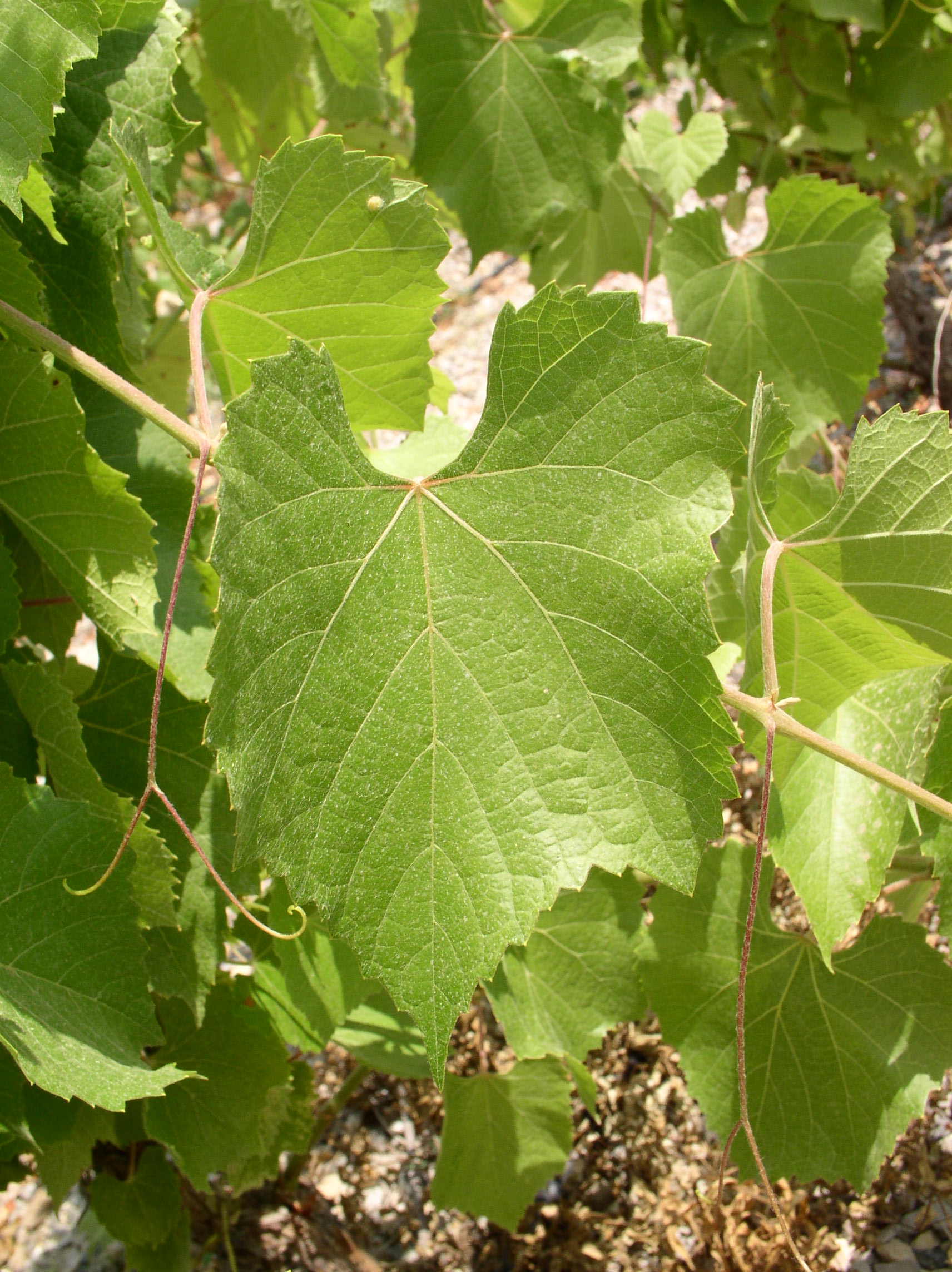
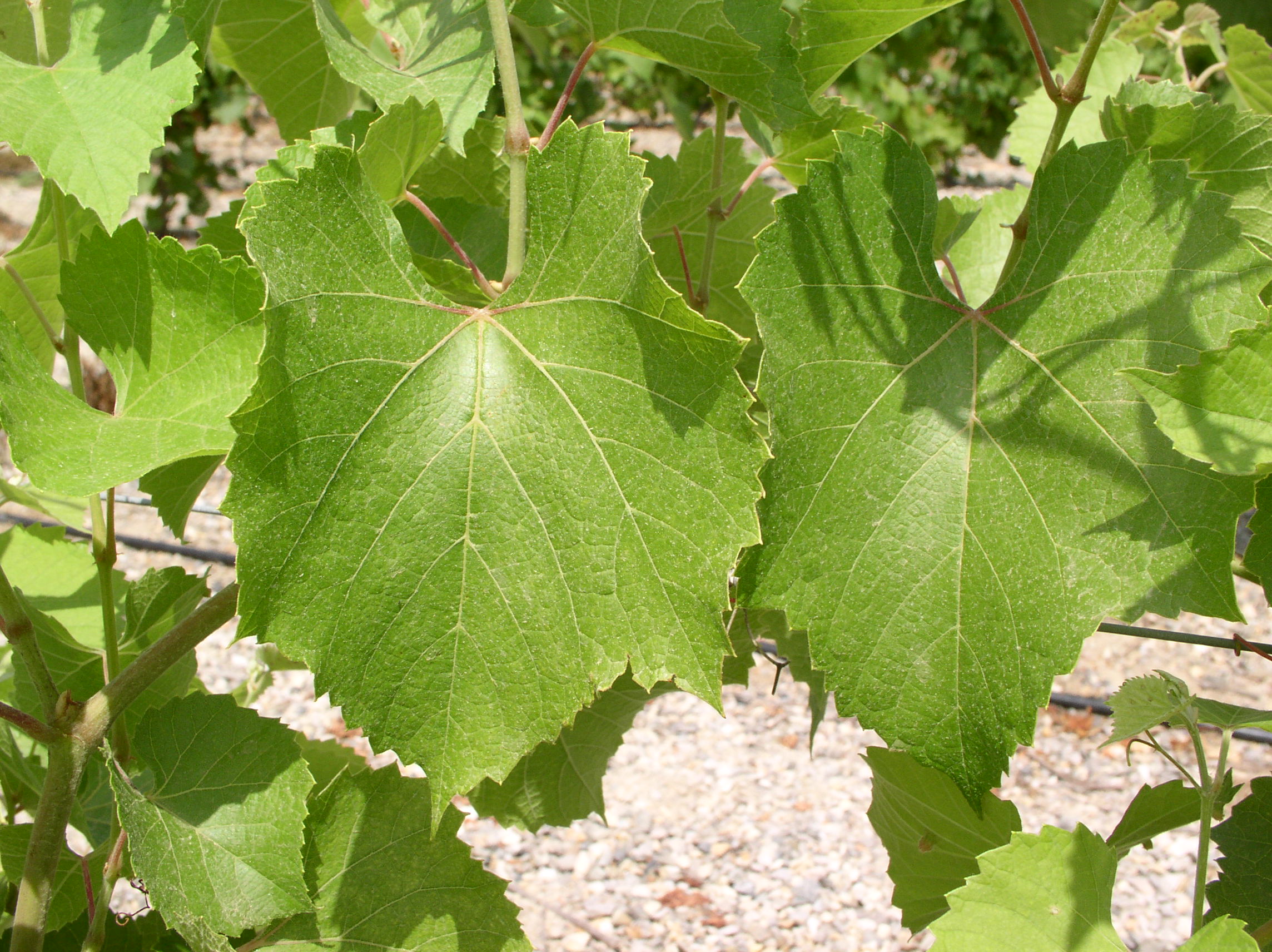
Fercal
Description
Following genetic analyses carried out at the University of Montpellier, it was found that this is a rootstock originating from Berlandieri Colombard n°1 B (which is actually derived from the cross between Vitis berlandieri and Vitis vinifera cv. Ugni blanc) and 31 Richter (which comes from the cross between Vitis berlandieri cv. Resseguier n°2 and Vitis longii cv. Novo-mexicana).
Resistance to Soil Pests
Το Fercal προσφέρει πολύ υψηλό βαθμό αντοχής στη φυλλοξήρα. Επίσης, είναι ανθεκτικό σαν υποκείμενο στους νηματώδεις Meloidogyne incognita ενώ είναι ευαίσθητο στους νηματώδεις Meloidogyne arenaria.
Adaptation
The main feature of Fercal is its high tolerance to iron chlorosis and its adaptation to calcareous soils. Up to 60% tolerant to total calcium and 40% to active calcium and CCI * (see R 110) up to 120. Fercal is suitable for the temporary conditions of excess moisture during spring and its tolerance to drought is moderate to good especially when its root system is sufficiently deep. Fercal has a problem with the absorption of magnesium from the soil, especially when the potassium content is excessive. Some varieties may show symptoms of continuous potassium deficiency.
Interaction with the implant and production targets
Fercal generally shows a good affinity to varieties. The speed of vegetative growth and its fruit set is very good while the robustness transmitted by the rootstock is moderate to high. Its effect on the germinal cycle is minor. In terms of fertility and yield performance, Fercal is quite balanced and produces high quality fruit. It performs particularly well with Syrah.
Specific multiplication properties
Fercal has medium length and diameter internodes. The growth of node buds is moderate and wood production is moderate (30,000- 60,000 metres / ha ). Wood should be kept under ideal conditions to avoid dehydration. The rooting capacity of Fercal grafts is very good and has an average grafting capacity. The rooting hormone is not necessary and should be in a contained concentration when used. The time of stratification required in the special chambers is short.
Parasite Resiliance
Fercal is moderately susceptible to the foliar form of phylloxera and is quite resistant to mildew disease and anthracnose.



